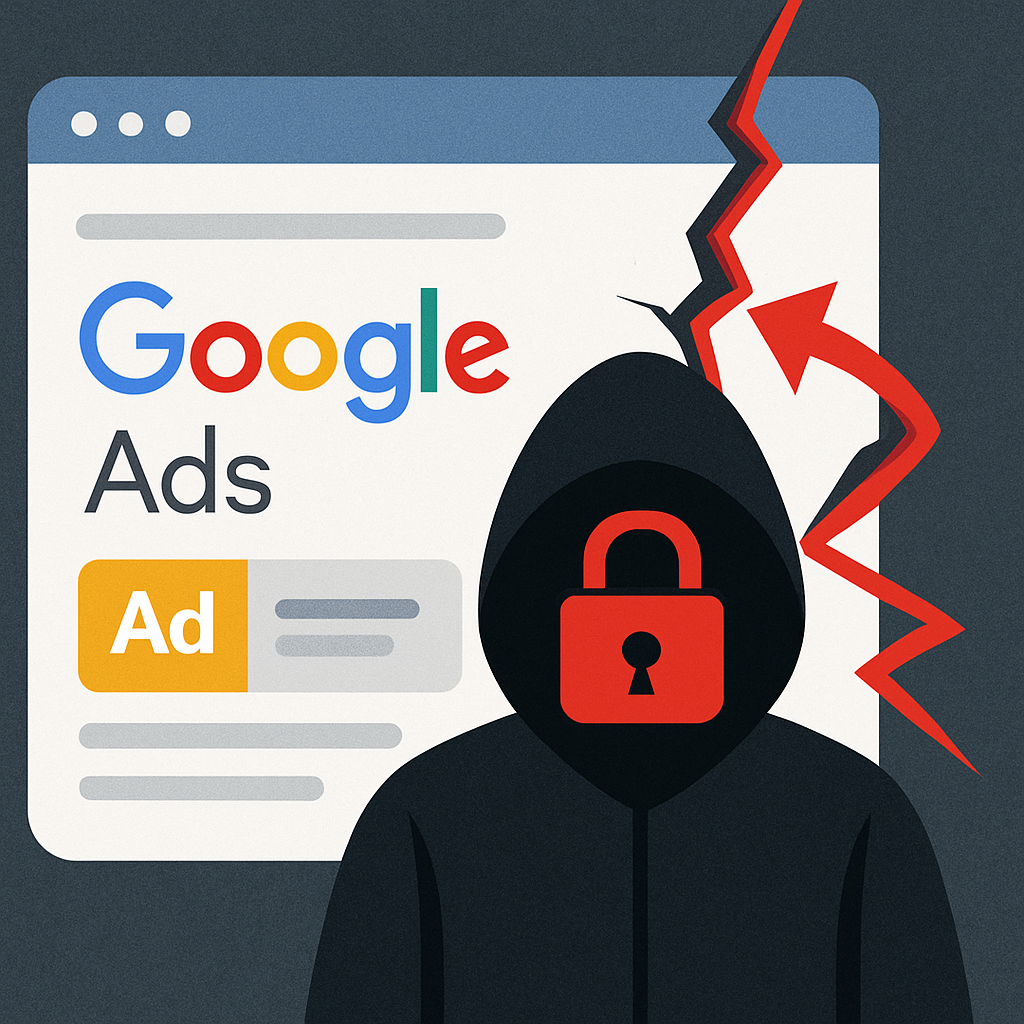AI search is changing how we look for information online, and it's not just about personalized recommendations anymore. Generative AI tools like Gemini, ChatGPT, and Perplexity are becoming the primary way some people access information. This creates a whole new kind of challenge for brands that try to be proactive with managing their online reputation.
Your brand is constantly susceptible to being under attack on the internet. The important part is that not all threats you'll encounter are created equal.
Businesses lose billions of dollars annually due to counterfeiting and brand infringement online. With bad actors online becoming more sophisticated, it becomes more challenging for companies to keep up with a brand protection strategy online. However, thanks to the popularity of AI, brand protection is no longer an option. It is a necessity to doing business on the internet.
Choosing a brand protection software solution is one of the most important tasks confronting brand managers and marketing leaders today.
Protecting your brand from violations, competitors, and fraud is becoming more critical now than ever. As AI's popularity grows, so too do the threats that come along with it. However, AI is also playing a pivotal role in safeguarding brand integrity to help you ensure every ad dollar spent on paid search marketing is working toward generating results rather than being wasted on fraudulent or misdirected ads.
Brand protection has become an essential topic for online stores. However, most businesses wait a little too long before taking any real action to have a proper solution in place.
The paid search landscape is reaching a tipping point. While AI is changing how we optimize ad campaigns, it has also handed bad actors a supercharged toolkit to automate trademark-infringing and cloaked ads with terrifying precision.
Your brand name is your brand's entire identity online.
When someone else uses your brand name, whether intentionally or not, it can harm your reputation and confuse customers. By protecting your brand's name online, you can avoid legal disputes, protect your business, stay ahead of the competition, and retain your customers' trust.
This post covers the eight most popular ways that you can protect a brand online.
Search terms are at the heart of all SEO and PPC strategies. However, not all search terms are created equal. One key difference is between branded and non-branded search terms. Branded search terms are your brand name or longer phrases that include your brand name. Branded search terms often indicate the searcher already knows about your brand, while non-branded terms, or terms that don't include your brand name, don't. Non-branded terms are used to reach an audience earlier in the buyer's journey, and they need to learn about your brand to call you by your name.
So, what's so great about branded search terms?
In this article, we'll explore why using branded terms in your search marketing strategies can be a game changer. With benefits like stronger conversion rates, more brand credibility, and more personalization, we will explore in depth what makes branded search terms great.
Your brand name is your brand's entire identity online.
When someone else uses your brand name, whether intentionally or not, it can harm your reputation and confuse customers. By protecting your brand's name online, you can avoid legal disputes, protect your business, stay ahead of the competition, and retain your customers' trust.
This post covers the eight most popular ways that you can protect a brand online.
What happens if you wake up one day and login to learn your Google Ads account has been hacked? A hacked Ads account can mean you're budget has been used on useless terms, potential brand damage, or even website security issues for you to solve.



-1.jpg)




